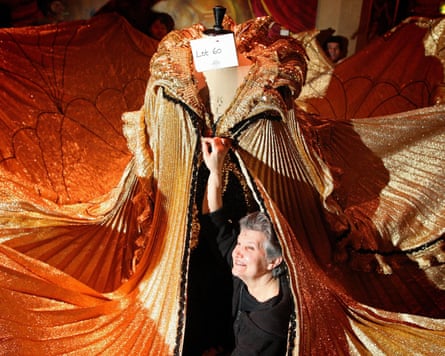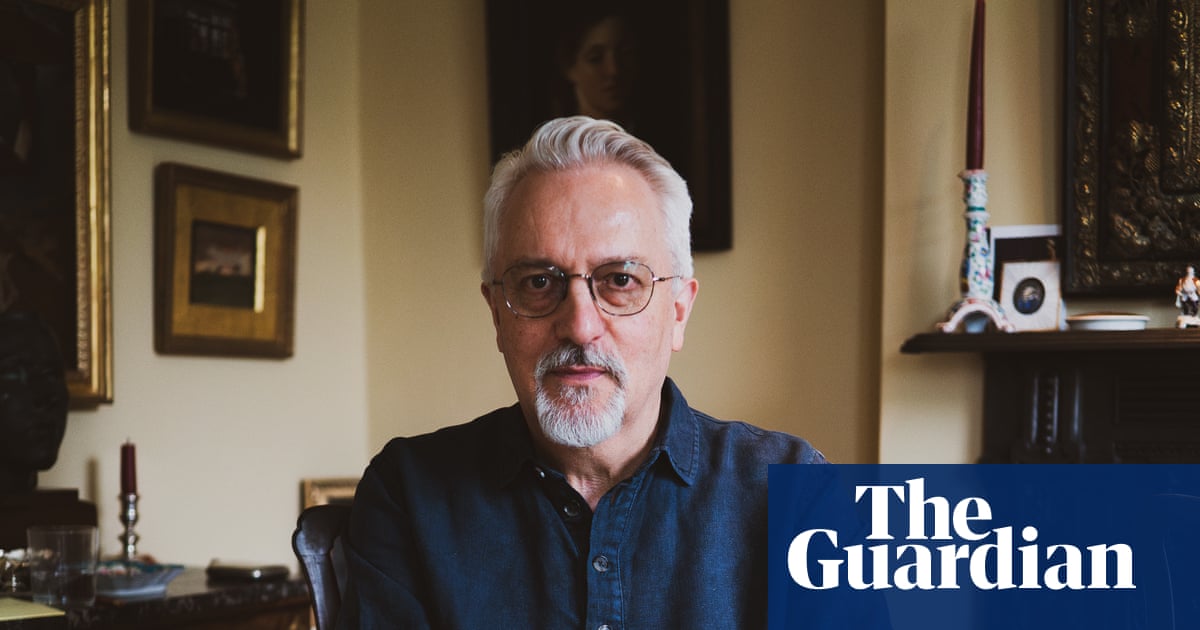Two of Britain’s biggest banks face being sued over “unfair” mortgages that have left some people owing up to 20 times the sum they originally borrowed.
The law firm Teacher Stern is bringing group actions against Barclays and Bank of Scotland in an attempt, it said, to win justice for two new groups of claimants comprising current and former customers and their next of kin.
One of those affected, Annie Galbraith, borrowed £33,000 from Barclays in 1998, but her debt to the bank is now estimated at about £660,000 and could rise further.
The cases involve a controversial type of mortgage on sale between late 1996 and mid-1998 and only available from the two banks.
The shared appreciation mortgages (Sams) were ostensibly aimed at helping “asset-rich, cash-poor” older people release some of the value locked up in their homes.
They typically allowed people to borrow up to 25% of the property’s value, and usually there were no repayments to make during the lifetime of the loan.
In return, borrowers were required to pay back the original amount plus a share of any increase in the value of their home when the mortgage was repaid, or when they died and the house was sold.
This share was usually worked out on a three-to-one basis – so if someone borrowed 25% of the value, they would be in line to hand over 75% of the future growth in value.
In the years since the Sam loans were sold, house prices have soared, leaving some who took them out facing huge repayments if they wanted to move – or bequeathing their offspring a costly headache after their death.
Both banks have previously reached confidential out-of-court settlements with some affected borrowers, which meant the fairness of the contacts was not tested in court.
Teacher Stern’s Barclays claimant group is made up of almost 80 people, including Galbraith, who is now in her 80s and took out a Sam mortgage on her home in Tunbridge Wells, Kent, in September 1998. She formerly worked as a theatrical costumier to stars including Danny La Rue, who lived with her until his death in 2009.

Galbraith needs to downsize as she suffers from mobility problems and her property is a large, three-storey Victorian semi that has fallen into disrepair, according to the law firm and a close friend, Duncan Humber.
She took out a £33,750 loan on her home – 25% of its value at the time of £135,000. However, an estate agent valuation of the property carried out in late 2022 indicated it was worth between £950,000 and £995,000.
after newsletter promotion
Based on the £995,000 figure, she would need to pay the bank £678,750 to redeem the loan. That comprises £645,000, which is 75% of the growth in the property’s value, plus the original loan.
Humber said: “She is trapped. She cannot sell her property as currently her Sam would take the lion’s share of all proceeds of sale, leaving her with insufficient funds to purchase even a one-bedroom bungalow in the area where she has lived her entire life.”
Teacher Stern has claimed Sams were “entirely unfair” products that had left borrowers trapped in their homes. Its case focuses on section 140 of the Consumer Credit Act, which gives the courts powers to intervene if the “relationship” between a company and a customer is judged to be unfair.
A Barclays spokesperson said Sam mortgages were “a historic product taken up by a relatively small number of customers which allowed people to borrow funds without the need to make any repayments during their lifetime. Customers have complete control over the timing of any sale and retain all of their original equity, as well as a share of any potential gain. We offer dedicated support for customers with a Sam that need to adapt their current home or move to a new one due to substantial hardship.”
They added that to ensure people fully understood the deal, “customers were required to seek independent legal advice that the terms of the legal charge and mortgage conditions had been fully explained to them. In addition, the product literature encouraged anyone interested in a Sam to discuss their intended borrowing with their family.”
A Bank of Scotland spokesperson said Sams were “a specialist type of mortgage … which were either interest-free or offered at a lower rate of interest in return for a share of any increase in property value”.
They added: “We recommended borrowers took financial advice to ensure they understood the product and that it was suitable for their needs, and all borrowers were advised by their own solicitor. We are unable to provide comment on individual cases but we do everything we reasonably can to help any customer facing financial hardship.”

 1 month ago
54
1 month ago
54

















































